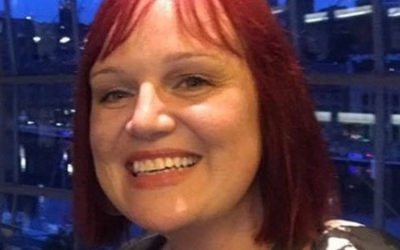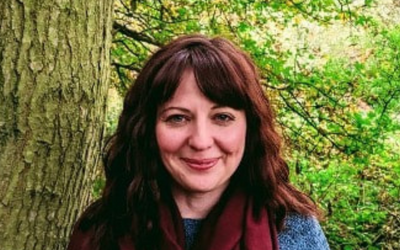You are here
- Home
- External Events and Publications
- Biennial APS Conference
- APS Conference 2023
- Conference programme
- The careless academy? Making space for carers and parents in higher education.
The careless academy? Making space for carers and parents in higher education.
Dr Rachel Spacey, Rebecca Sanderson and Amy Zile, University of Lincoln
Email: rspacey@lincoln.ac.uk; RSanderson@lincoln.ac.uk; A.Zile@uea.ac.uk
Session recording
Presentation
Abstract
Higher education has been described as a ‘care-less’ environment, a world characterised by competitive individualism within which students are assumed to be unencumbered by the responsibilities of care (Lynch, 2010; Moreau, 2016). Within higher education research there is increasing interest in the links between student identity, experience and wellbeing, particularly in relation to minority student groups. One such group is students with caring responsibilities who are sometimes described as a “hidden” minority, a group whose experiences and needs are not well understood. Funded by the student mental health network SMARTEN our mixed methods study explored the challenges faced by these students with a particular focus on their study-work-life balance, sense of belonging and access to university support services.
Our research indicates that these students experience conflicts of identity and stresses resulting from the tension between their educational and caring commitments. These tensions can lead to students feeling excluded from the life of their institution. As one participant told us:
“My job is being a student. That's what I am. That's what I should be doing. So it's really, really frustrating. And university isn't just about studying. There's so many other things that go along with it that I would love to do, but I can't. And I'm always that one…You have to say you can't”.
Reporting on the findings from 18 semi-structured research interviews with student parents and carers and our national survey this presentation will explore the nature of these challenges in more detail. Resisting a deficit model approach our research, which was shaped by principals of co-design and action research, also highlights the strengths which these students bring to their studies and their university. For universities to become truly inclusive to these students we argue that we must recognise these strengths and find ways to empower student carers and parents to reshape the university into a care-ful, not care-less, institution.
References
Lynch, K. (2010). Carelessness: A Hidden Doxa of Higher Education. Arts and Humanities in Higher Education: An International Journal of Theory, Research and Practice, 9(1), 54–67.
Moreau, M.-P. (2016). Regulating the Student Body/ies: University Policies and Student Parents. British Educational Research Journal, 42(5), 906–925.
Dr Rachel Spacey
Research Fellow and Access and Participation Plan evaluation work lead, Lincoln Academy of Learning and Teaching
Dr Rachel Spacey is a Research Fellow in the Lincoln Academy of Learning and Teaching where she leads the university’s Access and Participation Plan evaluation work. Rachel has worked as a social sciences researcher for over 15 years in academia and the charity sector. Her research is focused on improving the experience of students who are traditionally under-represented in Higher Education. She is also a part time apprenticeship student, studying leadership and management at the University of Lincoln.
Rebecca Sanderson
Research Associate and doctoral student, University of Lincoln
Rebecca is a Research Associate and doctoral student at the University of Lincoln. She works on projects with a focus on understanding the experiences of students from groups typically underrepresented in higher education, and on the evaluation of student support and equality, diversity and inclusion initiatives.
Amy Zile
PhD student, University of East Anglia
Amy is a PhD student at the University of East Anglia. She’s passionate about using her own lived experience to help improve student mental health. Her PhD explores the role of university disclosure processes on PGR discussion and disclosure of mental health; how universities can support students and PGRs to be open about mental health and access the adjustments and support they need to succeed.


